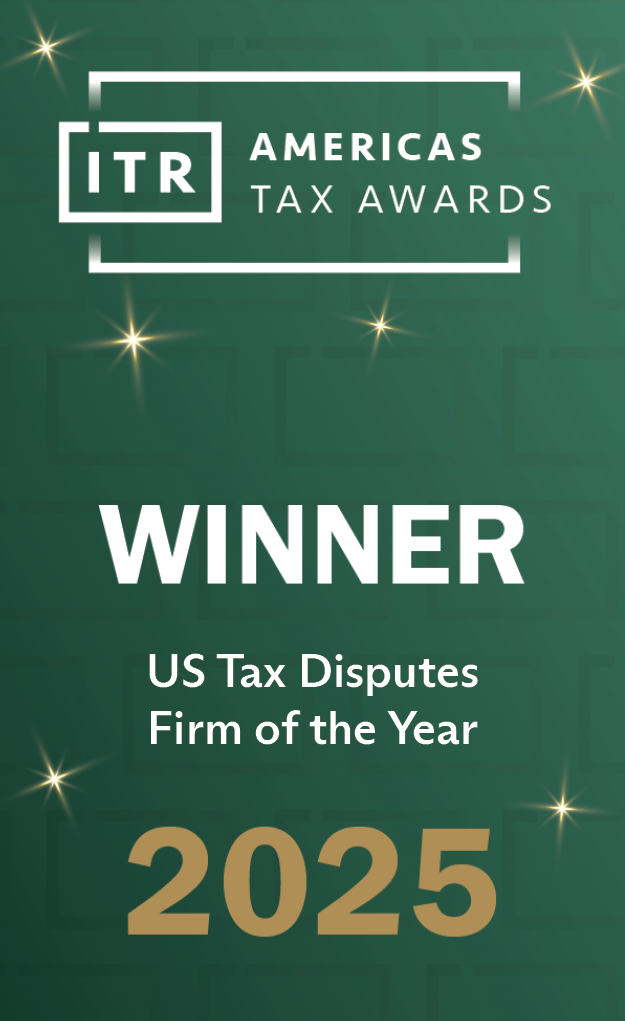Presented below is our summary of significant Internal Revenue Service (IRS) guidance and relevant tax matters for the week of June 22 – June 26, 2020. Additionally, for continuing updates on the tax impact of COVID-19, please visit our resource page here.
June 24, 2020: The IRS issued final regulations permitting a regulated investment company (RIC) that receives qualified real estate investment trust (REIT) dividends to report dividends the RIC pays to its shareholders as section 199A dividends.
June 25, 2020: The IRS Office of Chief Counsel announced a limited settlement offer to certain taxpayers with pending docketed US Tax Court cases involving syndicated conservation easement transactions. The settlement offer requires a concession of the income tax benefits claimed by the taxpayer and imposes penalties.
June 26, 2020: The IRS will begin to reopen Taxpayer Assistance Centers starting on June 29, 2020. In-person appointments will be available for certain items.
June 26, 2020: The IRS issued a reminder to taxpayers and businesses that income tax liabilities as well as postponed April 15 and June 15, 2020, estimated tax payments are due July 15, 2020. Taxpayers who owe a 2019 income tax liability, as well as estimated tax for 2020, must make two separate payments on or by July 15, 2020. One payment should be for their 2019 income tax liability and one payment for their 2020 estimated tax payments.
June 26, 2020: The IRS released its weekly list of written determinations (e.g., Private Letter Rulings, Technical Advice Memorandums and Chief Counsel Advice).
Special thanks to Emily Mussio in our Chicago office for this week’s roundup.
read more


 Subscribe
Subscribe




